UPDATE | July 10, 2023
When you move to Japan, you will need to do a lot of shopping. Even if you want to bring a lot of things from your home country, you won't be able to bring everything with just one or two suitcases.
However, when you come to Japan for the first time, it is not uncommon to experience the problem of not knowing where to buy anything. Especially when you can't find something you want to buy right away, like medicine or toilet paper.
For those of you who are planning to visit Japan or have just arrived, this article will introduce you to the various types of Japanese shops.
INDEX
A supermarket is a store that mainly sells food and daily necessities.
As for groceries, in addition to ingredients such as vegetables, meat and fish, they also sell a lot of side dishes such as rice balls and bento boxes. Some supermarkets often put discount stickers on side dishes as closing time approaches, so this is a good chance to buy dinner at a low price.
As for daily necessities, small supermarkets have a minimum selection of items such as toilet paper and soap, but large supermarkets have a wide variety of products, from stationery to tableware.
Business hours vary by supermarket. Some supermarkets are open 24 hours a day, but in general, most supermarkets are open from around 9:00 am to around 11:00 pm.
Daily necessities for sale: food, water/drinks, toilet paper, napkins, garbage bags, hygiene products, etc.
A drugstore is, as the name suggests, a store where you can buy medicine. However, there are also drug stores in Japan called pharmacies (dispensing pharmacies). What is the difference between "drug store" and "pharmacy"?
When I first arrived in Japan, I thought that if I had a sore throat, I would be able to buy medicine at a pharmacy, but that was not the case. A pharmacy is a store where prescription drugs are sold. In other words, you cannot buy medicine at a pharmacy unless you first go to the hospital and get a prescription.
Where should I go when I want to buy medicine easily without a prescription, such as medicine for a small cold?
That is the "drug store". Drugstores are stores that sell medicines that can be purchased without a prescription, as well as daily necessities and cosmetics. You can buy many medicines at drugstores to relieve minor symptoms such as coughing, nasal congestion, headaches, itching, and sunburns. You can also buy gauze, band-aids, and rubbing alcohol to treat minor wounds.
Various daily necessities are also sold at drugstores. In addition to toothbrushes and toothpastes, toilet paper, masks, detergents, anti-cockroach goods, etc., you can also buy cosmetics, shower gels, shampoos, and more.
Daily necessities for sale: pharmaceuticals, antiseptic alcohol, gauze, plasters, thermometers, toilet paper, masks, diapers, garbage bags, hygiene products, etc.
100 yen shop (100 yen uniform, 100 yen) is a shop where you can buy most products for 100 yen as the name suggests. They sell a variety of products such as stationery, kitchen supplies, tableware, storage goods, and cleaning supplies. From indoor plants to smartphone glass films, you can find useful products. There is a surprisingly wide variety of products, so if you have the chance, please drop by.
However, there are two points to be aware of.
Points to be aware of ① The price of the product is 100 yen, but the consumption tax is 10 yen (8 yen for food and drinks), so you actually pay 110 (108) yen at the cash register.
Points to be aware of ② Even 100 yen shops sometimes sell items priced between 200 yen and 500 yen. Make sure to check the label before buying.
Daily necessities for sale: towels, bath mats, pots, pans, glasses, mugs, chopsticks, spoons, forks, tableware, garbage bags, mop racks, detergent, sink filters, toilet brushes, hangers, clothespins, storage supplies, stationery , slippers, batteries, etc.
[PR]
A konbini (convenience store) is a small store that sells groceries and miscellaneous goods. The best feature of convenience stores is that they are open 24 hours a day, 7 days a week (there are some exceptions). In addition, there are convenience stores almost anywhere in the city center, as well as printing and scanning services and ATMs, so it is very convenient. However, keep in mind that the prices of products are often higher than in supermarkets and drugstores.
Daily necessities for sale: food, drinks, rubbing alcohol, masks, detergents, soaps, toothbrushes, umbrellas
Electronics stores (denkiya) are stores that sell a variety of home appliances. The only reason you need to go to a consumer electronics store immediately after arriving in Japan is when the shape of the outlets in your home country and Japan are different. If not, you'll need an outlet adapter to be able to use things like your phone's charger.
You may also need a transformer, as different countries have different voltage ratings. For example, if the hair dryer you brought from your home country says "220V", you must not plug the hair dryer into a Japanese outlet (100V). However, some transformers are expensive depending on the type, so it may be cheaper to buy a new dryer.
These outlet adapters, transformers, hair dryers, etc. can be purchased at electronics stores. You can also buy household appliances such as refrigerators and washing machines, so it's worth a visit. If there are campaigns, you may be able to buy a single living set such as a refrigerator + washing machine at a low price.
Daily necessities for sale: outlet adapters, transformers, chargers, light bulbs, batteries, extension cords, refrigerators, washing machines, rice cookers, etc.
When you come to Japan and rent an apartment, you have to buy the furniture yourself. If you live in a dormitory, you may be provided with furniture, but you may still be asked to buy your own futons and sheets. Get them at a furniture and interior goods store. Even when you buy large pieces of furniture such as beds and tables, you can rest assured that you can use the delivery service to have the items delivered to your home.
Daily necessities for sale: futons, sheets, towels, clotheslines, hangers, storage items, curtains, etc.
If you can't find what you want in a store, or if you don't have time to go shopping, use online shopping. Even if you don't have a debit card or credit card, you can pay at a convenience store, which is convenient.
You can easily buy many things online, but there are two Japanese daily necessities that I would like to recommend. They are earthquake resistant goods and disaster prevention goods.
Anti-earthquake goods are anti-earthquake items such as anti-earthquake mats, anti-earthquake tapes, tension rods and anti-earthquake belts. Japan is a country prone to earthquakes, so earthquake-resistant goods are essential to prevent furniture from falling over. There is a risk of injury if furniture falls over, so buy earthquake-resistant goods as soon as possible after moving.
Disaster prevention goods are prepared when lifelines (electricity, water, gas) stop due to various disasters (strong earthquakes, tsunamis, typhoons, etc.). There are various disaster prevention goods such as water, medicine, portable toilets, radios, and flashlights. Each can be purchased separately, but they are also sold as a set. Disaster prevention goods are very important in case of emergency, so be sure to prepare them.
In addition to the shops introduced in this article, there are many other shops in Japan. For example, you can buy various products at shopping malls, flea markets, and shopping streets. There is also a second-hand shop. It is a shop where you can buy home appliances, furniture, clothes, books, etc. at low prices. (Originally used items are sold, so be careful about the quality of the products.) Once you've settled down a bit after moving, be sure to check out the shops near your house.
When shopping in Japan, there are many things you don't know, such as the types of shops, how to find products, and how to pay. Finally, some advice on what to do when you don't know the Japanese words for what you want to buy. Use your mobile phone to search the Internet for product names in your native language and show the resulting images. I'm sure the store clerk will be able to help you.
Enjoy your shopping in Japan!

An employee of ACCESS NEXTAGE Co., Ltd. Career Support Division for Foreigners. Originally from Belarus. She will come to Japan in June 2021 and will participate in the government-sponsored research student program at Ochanomizu University until March 2023. His hobbies are PC games, drawing, and international exchange.
[PR]
[PR]